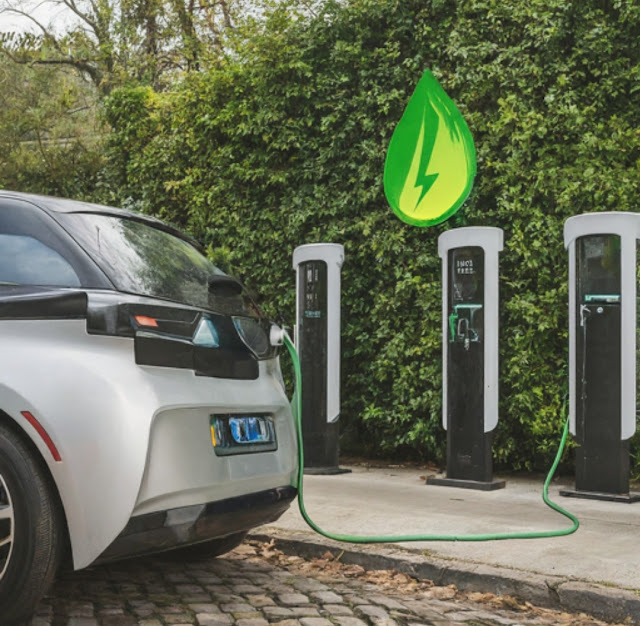Electric vehicles (EVs) are gaining traction, but are they truly eco-friendly? Explore the environmental impact of EVs, addressing concerns about lithium mining.
 |
| Tesla's EVs are not sustainable! There are environmental impact of electric vehicles, including battery production and resource extraction. Image: ChicHue |
Electric vehicles (EVs), like those produced by Tesla, have been lauded for their potential to reduce emissions, but questions about their environmental footprint persist.
This piece dives into the sustainability of EVs, specifically addressing concerns around lithium mining for batteries.
According to IHS Markit, in the year 2000, nine percent of lithium produced was used for EV batteries. By 2020, this portion rose to 66 percent and will reach over 90 percent by 2030. An electric vehicle such as a Tesla Model S holds 63kg of this natural resource.
Cobalt Concerns Debunked
Early concerns about cobalt mining in EVs, particularly relevant to Tesla's earlier battery production, have been addressed.
The industry has largely eliminated cobalt from battery production, mitigating ethical and environmental issues associated with its extraction.
Lithium: Not So Dirty
Lithium extraction, a key component in Tesla batteries, does require processing large quantities of seawater. However, advancements ensure this water is returned to the environment in a clean state.
Additionally, the discovery of lithium reserves in the Salton Sea presents an opportunity for environmental improvement in the area.
Stanford's Precourt Institute for Energy has recently discovered that lithium metal batteries also exhibit a fascinating mark: lost capacity due to degradation can be revived.
EVs vs. Gas-Powered Cars: A Water Showdown
The water used in lithium extraction is comparable to the amount used in petroleum extraction. When considering the entire life cycle, EVs come out ahead.
Furthermore, EVs require significantly less water than gasoline-powered vehicles, which rely on oil extraction and lubrication throughout their lifespan.
"Using the electroplated lithium anode significantly higher-ups the charge-storage capacity and has the potential to double an EV's range 600 miles per charge versus 300 miles, for instance"' PhD student Philaphon Sayavong.
The Takeaway: EVs Charge Forward
While not without environmental impact, electric vehicles are a demonstrably more sustainable option compared to traditional gasoline-powered cars.
As EV technology continues to develop, their environmental footprint, including that of Tesla vehicles, is expected to shrink even further.